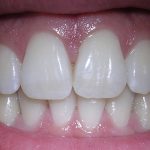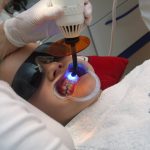Why You Shouldn’t Eat or Drink Before Wisdom Teeth Removal: Explained
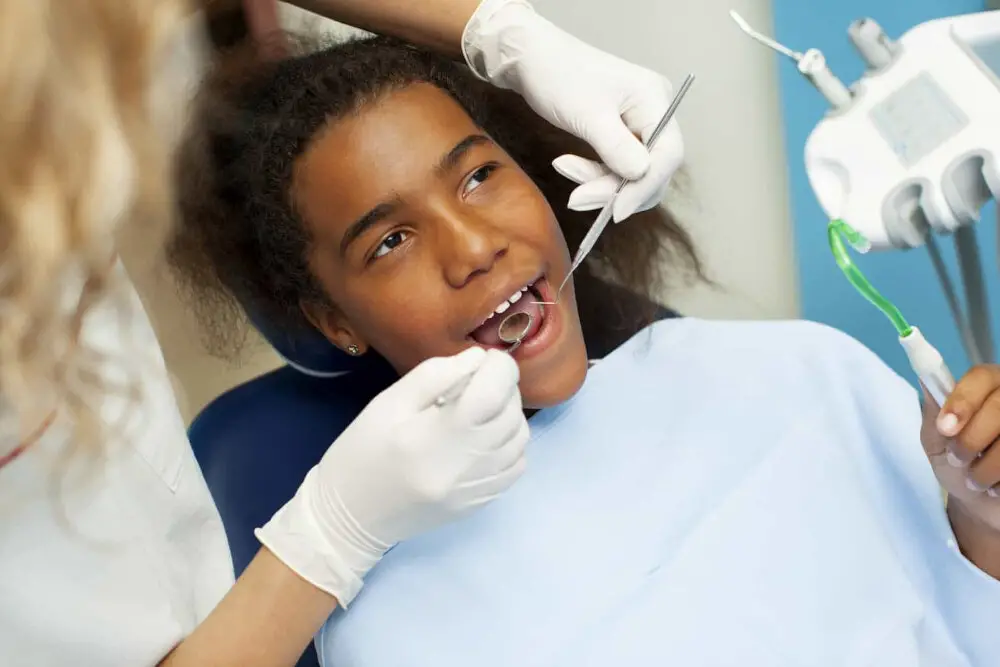
Wisdom tooth extraction is a common procedure that involves the removal of one or more wisdom teeth. This procedure is usually done under local anesthesia, and it may require some preparation before the day of the surgery. One of the most important preparations is to avoid eating or drinking anything for a specified period before the wisdom teeth removal surgery. While this may seem like an inconvenience, it is essential to understand why it is necessary and the potential risks associated with not adhering to this guideline. Eating or drinking before a wisdom tooth extraction can increase the risk of complications during the procedure. For example, if you eat or drink anything before surgery, you may be at risk of aspirating (inhaling) food or liquid into your lungs while under anesthesia. This can cause serious respiratory problems and even pneumonia. Additionally, if your stomach is not empty, you may be at risk of vomiting during the procedure, which can also lead to aspiration. Therefore, it is crucial to follow your dentist’s instructions regarding fasting before your wisdom teeth removal surgery to ensure a smooth and safe procedure.
Wisdom teeth removal is a common dental procedure that involves the extraction of third molars located at the back of the mouth. These teeth usually emerge between the ages of 17 and 25 and can cause a variety of dental problems such as overcrowding, impaction, infection, and decay. The procedure is typically performed under local or general anesthesia and involves making an incision in the gum tissue to expose the tooth, removing any bone blocking the tooth, and then extracting the tooth. Recovery time can vary but usually takes several days to a week and may involve swelling, pain, and bleeding. It is important to follow post-operative instructions carefully, including avoiding eating or drinking before the procedure, to minimize the risk of complications and ensure a successful recovery.
Wisdom teeth removal is a common dental procedure that is necessary for various reasons. In most cases, wisdom teeth do not have enough room to grow properly, causing them to become impacted and leading to pain, swelling, and infection. Another reason for wisdom teeth removal is the risk of developing gum disease or cavities due to the difficulty of cleaning the teeth. In some cases, wisdom teeth can also cause shifts in the alignment of other teeth, leading to bite problems and jaw pain. Additionally, individuals who plan to undergo orthodontic treatment may need to have their wisdom teeth removed to prevent any interference with the treatment. Overall, wisdom teeth removal is a necessary procedure to improve dental health and prevent potential complications.
Preparing for a medical or dental procedure is crucial to ensure a smooth and successful outcome. In the case of wisdom teeth removal, abstaining from eating or drinking before the procedure is necessary to prevent complications such as nausea, vomiting, or aspiration. It is also important to follow any instructions given by the dentist or surgeon regarding medications, smoking, and physical activity before and after the procedure. Proper preparation can help reduce anxiety and stress and increase the likelihood of a speedy recovery. Ignoring these preparations can result in unnecessary pain, discomfort, and even complications that could have easily been avoided. Therefore, it is essential to take the necessary steps to prepare for the procedure to ensure the best possible outcome.
Risks of Eating and Drinking Before Wisdom Teeth Removal
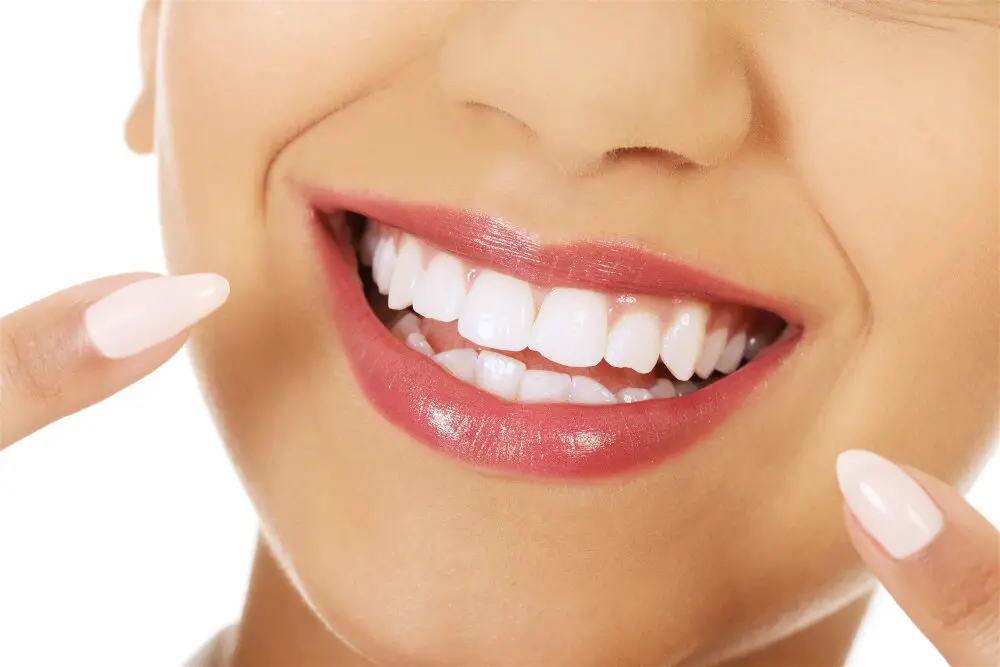
Wisdom teeth removal is a common dental procedure that many individuals undergo at some point in their lives. However, prior to the surgery, it is important to follow specific instructions regarding food and drink consumption. Eating and drinking before wisdom teeth removal can pose several risks that can potentially harm the patient. One of the main risks is the possibility of vomiting or regurgitation during the surgery. This can occur if the patient has consumed food or drink within a certain timeframe before the procedure, causing complications during anesthesia. In addition, food particles or liquids may also enter the lungs, causing aspiration pneumonia, which can be a life-threatening condition. Another risk of eating and drinking before wisdom teeth removal is the potential for delayed healing and infection. Consuming food or drink before surgery can introduce bacteria into the mouth, increasing the risk of infection after the procedure. In addition, eating or drinking can disrupt the blood clot formation at the extraction site, leading to dry socket, a painful condition that can delay the healing process. Therefore, it is important to follow the instructions provided by the dentist or oral surgeon regarding food and drink consumption prior to wisdom teeth removal. In general, patients are advised to fast for a certain amount of time before the procedure to ensure a safe and successful surgery.
There is an increased risk of complications during the wisdom teeth removal procedure if you have eaten or drank anything before the surgery. This is because the food and liquids can cause nausea and vomiting during the operation, which can lead to aspiration and other breathing problems. Additionally, having a full stomach can also increase the risk of anesthesia-related complications, such as aspiration pneumonia. Therefore, it is important to follow the fasting guidelines provided by your dentist or oral surgeon to ensure a safe and successful wisdom teeth removal procedure.
There is a significant risk of aspiration or choking when eating or drinking before wisdom teeth removal. This is mainly because the surgery involves the administration of anesthesia, which can induce a temporary loss of reflexes and cause a person to swallow or inhale food or liquid into their lungs. Aspiration can lead to severe respiratory problems, such as pneumonia or lung abscesses, and even be life-threatening in some cases. Therefore, it is crucial to follow the preoperative instructions provided by the oral surgeon and refrain from eating or drinking for several hours before the procedure to ensure a safe and successful outcome.
Delayed healing is a possible complication that can arise after wisdom teeth removal. This occurs when the surgical site takes longer than usual to heal, leaving the patient at risk of infections and other complications. Several factors can contribute to delayed healing, including poor oral hygiene, smoking, underlying medical conditions, and improper aftercare. To minimize the risks of delayed healing, patients must follow the dentist’s instructions regarding post-operative care, such as avoiding certain foods and drinks, taking prescribed medications, and attending follow-up appointments. By doing so, patients can promote faster healing and minimize discomfort after wisdom teeth removal.
What to Avoid Before Wisdom Teeth Removal
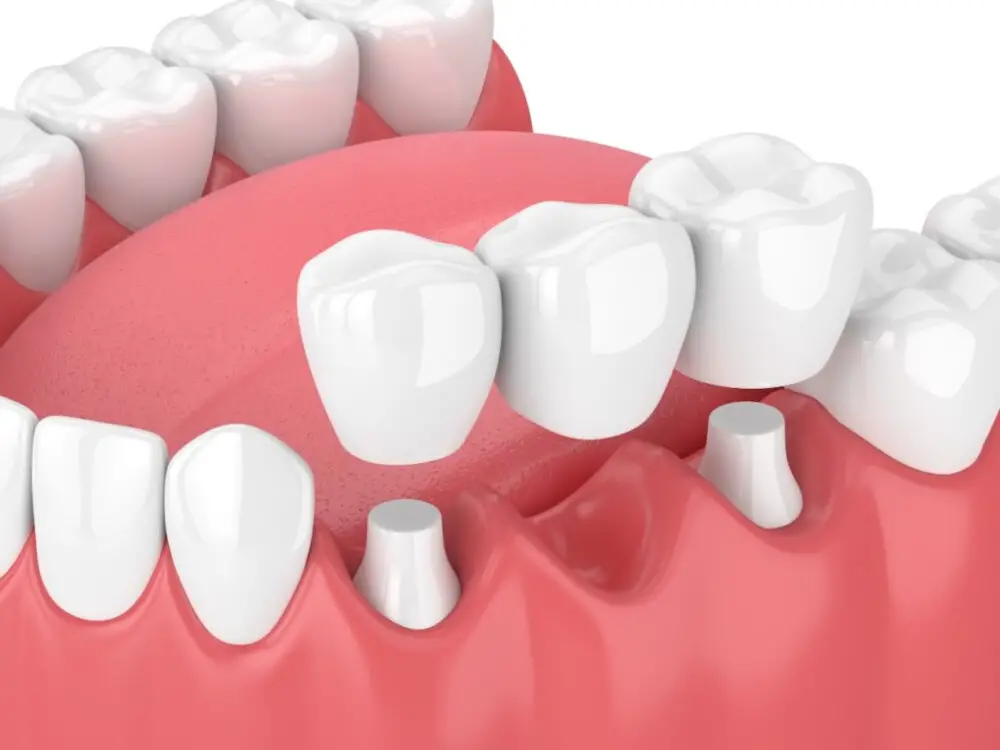
If you have a wisdom teeth removal scheduled, it is essential to know what to avoid before the procedure. First and foremost, you should not eat or drink anything for at least six hours before the surgery. This is because anesthesia will be administered during the procedure, and an empty stomach will prevent any complications that may arise. Consuming food or drink before the surgery can result in nausea and vomiting, which can lead to serious complications during the procedure. To avoid any discomfort and ensure a successful procedure, it is crucial to follow the instructions given by your dentist or oral surgeon. It is also important to avoid smoking and drinking alcohol before wisdom teeth removal. Smoking can cause complications during the healing process, such as dry socket, which can be incredibly painful. Alcohol, on the other hand, can interact negatively with the anesthesia and medications used during the surgery. It can also increase your risk of bleeding, which can be dangerous during the procedure. To prevent any complications and ensure a smooth recovery, it is recommended to avoid smoking and alcohol for at least 24 hours before and after the surgery. By following these guidelines, you can ensure a successful procedure and a speedy recovery.
Before wisdom teeth removal, it is crucial to avoid certain foods and drinks that can hinder the healing process. Firstly, you should steer clear of anything hard or crunchy, such as nuts, chips, and popcorn as they can easily get stuck in the extraction site and cause irritation. Carbonated and acidic beverages like soda and fruit juices should also be avoided, as they can irritate the gums and delay the healing process. Additionally, hot and spicy foods should be off-limits, as they can cause discomfort and inflammation. It is also recommended to avoid alcohol and smoking, as they can increase the risk of complications during and after the surgery. In short, consuming healthy, soft foods and drinks like soups, smoothies, and water will promote a smoother and quicker healing process.
It is crucial to be aware of the medications that should be avoided before wisdom teeth removal to ensure a safe and successful procedure. Anticoagulants, such as aspirin and warfarin, can increase the risk of bleeding during and after the surgery. Non-steroidal anti-inflammatory drugs (NSAIDs) like ibuprofen can also have a blood-thinning effect and should be avoided. Additionally, certain supplements such as ginseng, garlic, and fish oil may also increase the risk of bleeding and should be avoided. It is important to consult with your dentist or surgeon about any medications or supplements you are taking before the procedure to ensure a smooth recovery.
Following preoperative instructions is crucial for a successful surgery, especially when it comes to wisdom teeth removal. Abiding by the preoperative instructions provided by your dentist or surgeon can help reduce the risk of complications during and after the procedure. These instructions often include refraining from eating and drinking for a certain period of time before the surgery to prevent nausea and vomiting. Additionally, avoiding certain medications and substances like alcohol and smoking before the surgery can also help improve healing and reduce the risk of infections. Overall, following preoperative instructions can greatly enhance the safety and effectiveness of the surgery, leading to a faster and smoother recovery.
PreOperative Instructions for Wisdom Teeth Removal
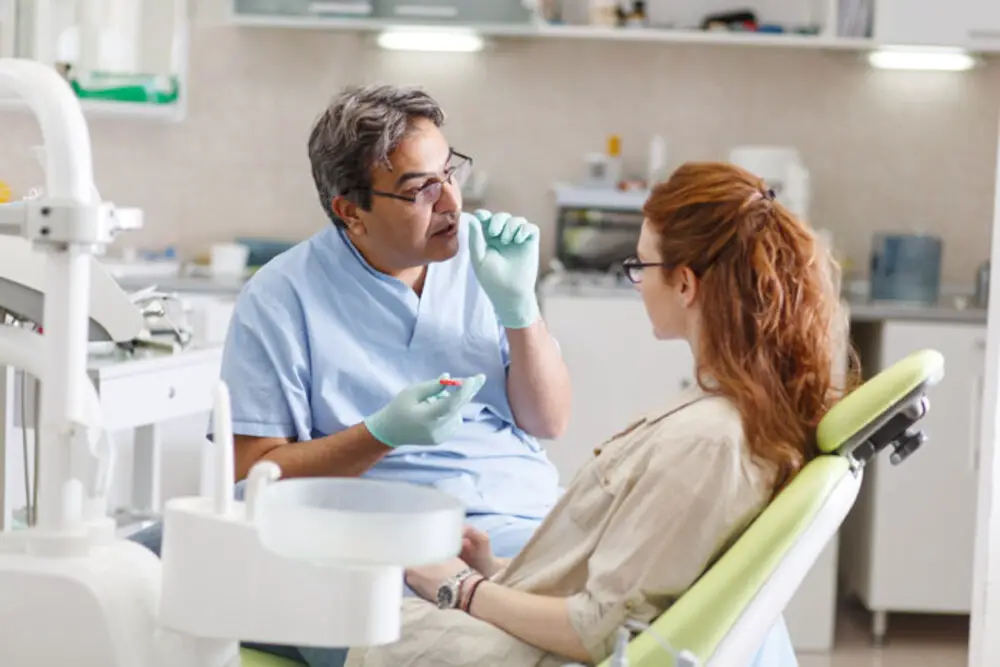
Wisdom teeth removal is a common surgical procedure that requires patients to follow some preoperative instructions to ensure a smooth and successful surgery. One of the essential instructions is to avoid eating or drinking anything six to eight hours before the surgery. This is crucial because having food or drinks in the stomach can increase the risk of aspiration, a condition where the contents of the stomach flow back into the lungs. Aspiration can cause severe respiratory problems, pneumonia, or even death in severe cases. Therefore, patients must follow this instruction to ensure their safety during and after the surgery. Other preoperative instructions for wisdom teeth removal include informing the dentist about any medications or supplements that the patient is taking. This is important because some medications can interfere with the anesthetic used during the surgery or increase the risk of bleeding. Patients may need to stop taking certain medications before the surgery or switch to alternatives that are safe to use. Additionally, patients should arrange for someone to drive them home after the surgery because the anesthesia can impair their ability to drive or operate machinery. By following these preoperative instructions, patients can ensure a safe and successful wisdom teeth removal surgery.
Fasting guidelines are crucial to follow before any dental procedure, especially wisdom teeth removal. The primary reason behind this is to prevent any potential complications during the surgery due to the presence of food or liquids in the stomach. Generally, patients are advised to fast for at least 8 hours before the surgery to ensure that their stomach is empty. It is also recommended to avoid smoking and drinking alcohol for at least 24 hours before the procedure. Following these fasting guidelines can help reduce the risk of nausea, vomiting, and other complications during and after the wisdom teeth removal surgery, leading to a smoother recovery process.
Proper hydration is essential for maintaining good health and preventing dehydration, especially during the recovery period after wisdom teeth removal. The general recommendation is to drink at least eight glasses of water per day, but this can vary depending on factors such as age, gender, weight, activity level, and climate. In addition to water, other fluids such as sports drinks, coconut water, and herbal tea can also help replenish electrolytes and fluids lost during the healing process. However, it is important to avoid sugary and carbonated drinks, as well as alcohol and caffeine, as they can interfere with the healing process and cause further discomfort. It is also important to sip fluids slowly and avoid using straws, as these can cause dry sockets and delay healing.
The timing of meals and medications can have a significant impact on the outcome of medical procedures, especially when it comes to oral surgery. For instance, it is strongly recommended that patients avoid eating or drinking anything at least six hours before wisdom teeth removal. This is because food particles or liquids can cause complications during the procedure, such as aspiration or vomiting. Additionally, taking certain medications, such as blood thinners or aspirin, can increase the risk of bleeding during the surgery. Therefore, it is crucial to consult with your dentist or surgeon before the procedure to ensure that you follow the appropriate timing and guidelines for meals and medications. By doing so, you can help ensure a successful and safe surgery with minimal complications.
Tips for Preparing for Wisdom Teeth Removal
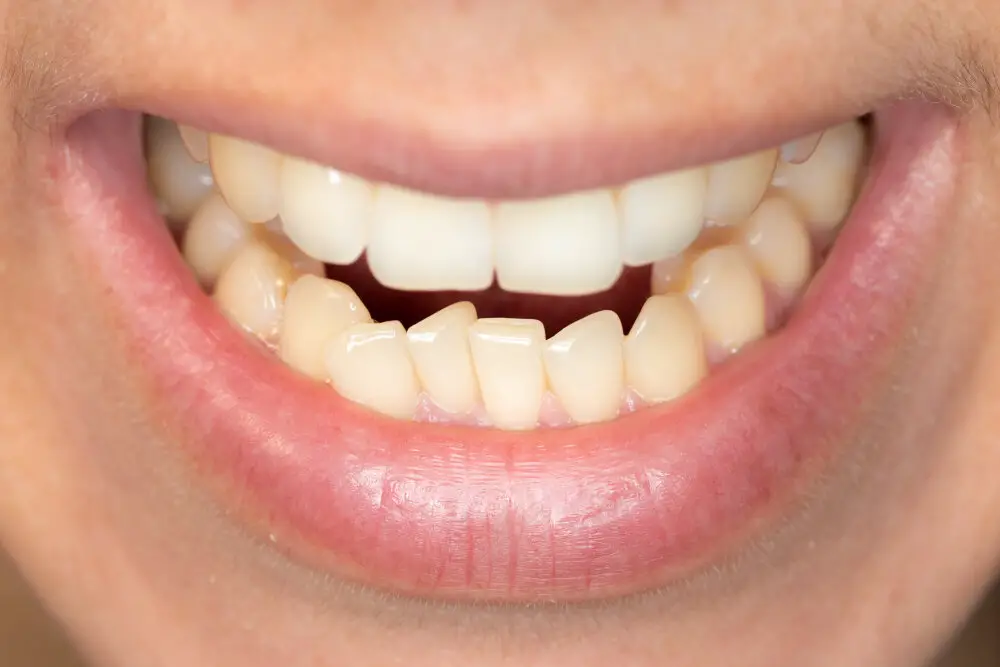
Preparing for wisdom teeth removal can be a nerve-wracking experience, but there are several tips that can help make the process smoother. Firstly, it’s important to plan ahead and arrange for a friend or family member to drive you home after the procedure, as you may still be feeling the effects of anesthesia. Additionally, make sure to pick up any prescribed medications or painkillers ahead of time, so that you have them on hand for a smooth recovery. It’s also a good idea to stock up on soft foods like yogurt, smoothies, and soup, as your mouth may be sore for a few days post-surgery. Another important aspect of preparing for wisdom teeth removal is following your dentist or oral surgeon’s instructions regarding fasting before the procedure. Most commonly, patients are instructed not to eat or drink anything for at least eight hours prior to their appointment. This is because food or drink in your stomach can increase the risk of complications during the procedure, including vomiting and aspiration. It’s important to follow these instructions closely, as failure to do so may result in the postponement of your surgery. By taking these steps to prepare, you can ensure a smooth and successful wisdom teeth removal experience.
When planning to have wisdom teeth removed, it’s important to consider transportation arrangements beforehand. This is because the anesthesia used during the procedure can impair your ability to drive or operate machinery for a certain period of time. It’s recommended to have a friend or family member accompany you to the appointment and drive you home afterward. Utilizing public transportation or ride-sharing services can also be a safe option. By planning ahead and arranging for transportation, you can ensure a smooth and stress-free experience during and after the procedure.
Before undergoing any oral surgery such as wisdom teeth removal, it is extremely important to ask questions and communicate with your dentist or oral surgeon. This will help you understand the procedure, potential risks and complications, and what to expect during recovery. Your dentist or oral surgeon can also provide you with specific instructions on how to prepare for the surgery, which may include fasting before the procedure. By communicating with your dental professional, you can ensure that you are fully prepared for the surgery and that your recovery is as smooth as possible. Remember that your dental professional is there to help you and answer any questions you may have, so don’t hesitate to ask.
After having your wisdom teeth removed, it is crucial to follow the postoperative instructions given by your dentist or oral surgeon to ensure a smooth recovery. These instructions may include avoiding certain foods and drinks, taking prescribed medications, and practicing good oral hygiene. By restricting food and drink intake, you can prevent complications such as dry socket, which can be painful and delay the healing process. Taking medication as instructed will help manage any pain or discomfort, while maintaining good oral hygiene will prevent infection and promote healing. Ignoring these instructions can result in complications that can prolong recovery time, so it’s essential to follow them carefully.
Following preoperative instructions before wisdom teeth removal is crucial for a successful and safe procedure. These instructions are provided by the dentist or oral surgeon and are designed to prepare the patient for the operation. One of the most important instructions is to avoid eating or drinking anything for a certain period of time before the surgery. This is because food particles and liquids can interfere with the anesthesia and increase the risk of complications during the procedure. Additionally, following the other preoperative instructions such as stopping certain medications, informing the dentist about allergies or medical conditions, and arranging for transportation after the surgery, can help ensure a smooth and comfortable experience for the patient. Therefore, it is essential to strictly adhere to the preoperative instructions to ensure the best possible outcome.
It is crucial to follow preoperative guidelines before undergoing any dental surgery, specifically wisdom tooth removal. Eating or drinking before the procedure poses various risks and complications, including nausea, vomiting, and aspiration. When you consume any food or fluid, it stimulates the digestive system, causing the release of acids and enzymes that can irritate the stomach lining and esophagus. These acids can reflux into the mouth and lungs, causing aspiration pneumonia, a severe condition that may require hospitalization. Additionally, consuming food and fluids can interfere with anesthesia, leading to complications during the surgery. Therefore, it is necessary to follow the instructions provided by your dentist or oral surgeon to ensure a safe and successful procedure.
A successful and safe removal process of wisdom teeth can bring numerous benefits for the patient. Firstly, it can prevent the occurrence of potential complications such as infections, swelling, and nerve damage. Secondly, it can relieve the patient from the discomfort and pain that is often associated with impacted wisdom teeth. Thirdly, a successful removal can prevent the crowding of teeth, which can lead to misalignment and other dental problems in the future. Fourthly, it can improve the overall oral health of the patient. Lastly, a successful and safe removal process can provide the patient with peace of mind, knowing that they have received the best possible care for their dental health. Therefore, it is important to follow the guidelines and recommendations provided by the dentist or oral surgeon to ensure a successful and safe removal process.
Conclusion
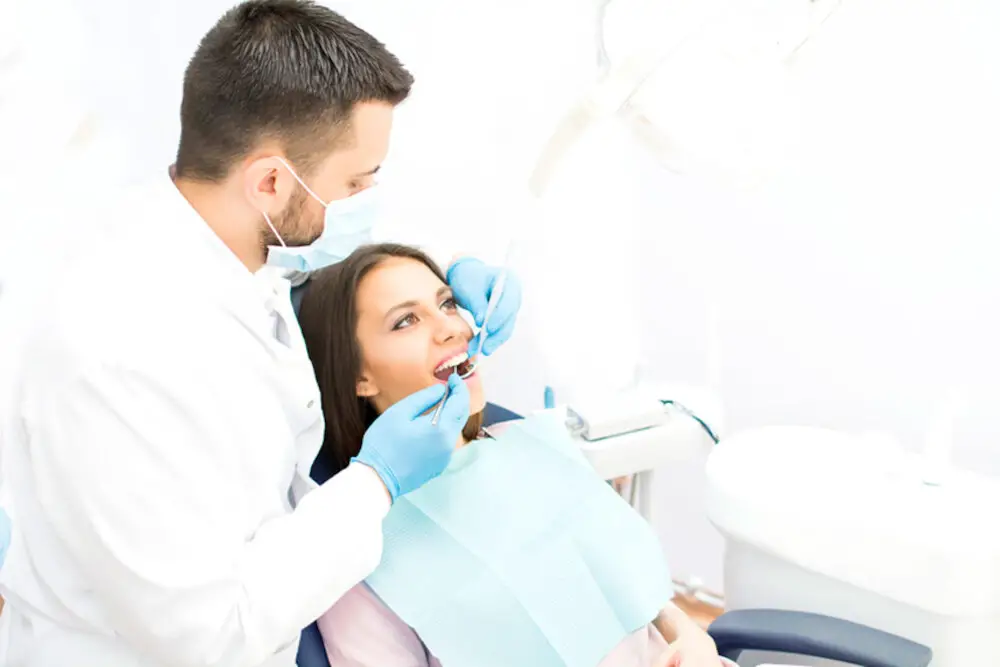
In conclusion, it is crucial to follow the guidelines provided by your dentist or oral surgeon when it comes to preparing for wisdom teeth removal. Refraining from eating or drinking before the procedure is recommended to avoid any potential complications during the surgery. By doing so, you can reduce the risk of aspiration, nausea, and other adverse effects that may arise from consuming food or beverages before the procedure. Remember to consult your dentist or oral surgeon for any questions or concerns you may have regarding the preparation for wisdom teeth removal. Ultimately, following these guidelines can help ensure a successful and comfortable recovery.
